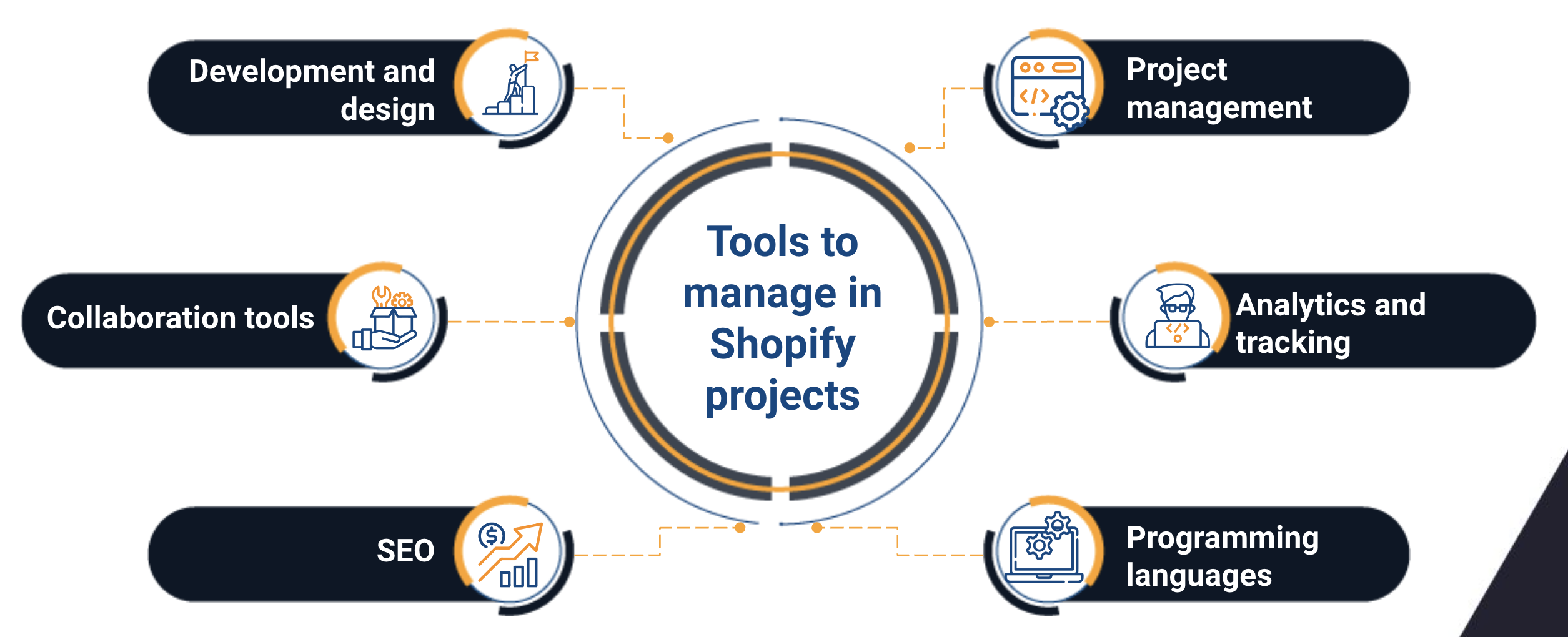
In the ever-evolving digital age, more and more businesses are choosing to establish their own e-commerce businesses using the Shopify platform. This phenomenon is largely due to a series of commercial and management benefits offered by this popular e-commerce platform.
In business terms, Shopify gives businesses the flexibility to adapt to changing market demands. It allows businesses to customize their online stores to their specific needs, making it easy to build a strong brand and differentiate themselves in a saturated market.
More than 4.12 million e-commerce are hosted on Shopify, according to data from the report published by Demand Sage. It is a platform that is also available in more than 175 countries, with the largest market being the United States and the second being the United Kingdom.
How Shopify helps in company management
Additionally, Shopify offers a wide range of apps and tools that simplify inventory management, marketing automation, and tracking key performance metrics, leading to increased efficiency and profitability. Currently, more than 7 thousand applications are available.
From a management perspective, Shopify eases businesses' workload by providing an easy-to-use platform that doesn't require advanced technical knowledge. This allows business owners to focus on growth strategies and improving customer experience instead of dealing with technical issues.
“Beginners can set up a beautiful Shopify store, multiple sales channels, and order processing workflows in the morning and be selling by the afternoon”, they commented in a Forbes article.
Also, Shopify offers a robust and reliable security infrastructure, giving businesses and their customers peace of mind in terms of data protection and secure transactions.
Shopify indicates that from the Administration area, any leader or manager will be able to manage the business easily, accessing the different parts of e-commerce from a single place.

Tools that a software company should handle if you are going to hire them for your Shopify project
A software company dedicated to managing Shopify projects must be equipped with a series of tools and skills to provide an effective and high-quality service.
Here is a list of key tools and capabilities that such a company should manage:
Shopify
A thorough knowledge of the Shopify platform is essential, including an understanding of its features, capabilities, and limitations. This includes product management, store setup, theme setup, and understanding Shopify's technical architecture.
Development and design tools
Experience using web development tools such as HTML, CSS, JavaScript, and programming languages such as Liquid (Shopify's templating language).
“Liquid is the templating language used by Shopify to create dynamic content within themes and apps. As an essential tool, developers must have a solid knowledge of Liquid to create customizable, easy-to-use applications that integrate seamlessly with the platform”, they detailed in this LinkedIn article.
Project management
Use a project management platform like Asana, Trello, or Jira to plan, track, and collaborate on Shopify store development projects.
Collaboration tools
Use communication and collaboration tools such as Slack, Microsoft Teams or similar tools to facilitate internal and external communication with clients.

Testing and quality control tools
Use software testing and quality assurance tools to ensure that Shopify stores function correctly and are error-free. This can include tools like Selenium, BrowserStack, or even the testing tools built into Shopify.
Analytics and tracking tools
Set up and use analytics tools like Google Analytics or tools built into Shopify to track store performance and understand user behavior.
Security and data protection
Maintain a high level of security for Shopify stores, implementing recommended security measures and ensuring customer data is protected.
Content and marketing management
Knowledge of creating and managing marketing content on Shopify, including setting up blogs, landing pages, and email campaigns.
SEO (Search Engine Optimization)
Understand the basic principles of SEO and use keyword research and content optimization tools to improve search engine visibility.

Financial and project management
Use financial and project management tools to track costs, revenues, and project progress.
These tools and skills are essential for a software company to offer high-quality services in the Shopify space and meet the expectations of its customers.
Do you need Shopify experts for your next project? At Rootstack, we have +12 years of experience supporting companies in their digital transformation. Contact us!


